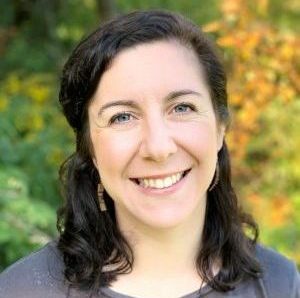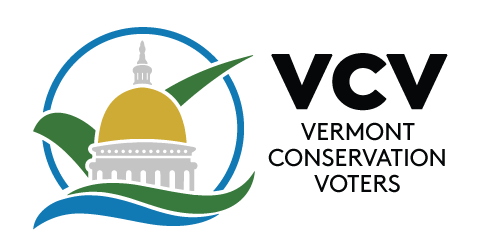Sustainable Communities
Act 250 has helped shape the Vermont we love today. But, the program is more than 50 years old and should be updated to better meet today’s challenges, including climate change, forest fragmentation, and increasing the availability of affordable, smart growth housing. The Legislature has been examining how to modernize Act 250 for a number of years and it’s time to act.
Act 250 can be reformed to better address our housing shortage while simultaneously protecting our natural resources and communities. We support a range of solutions to modernize Act 250, including provisions to update which projects go through the review process based on updated criteria like location and potential impacts on important resources. Act 250 can better address forest fragmentation, as the legislature has supported for a number of years. Further, we must integrate considerations of potential climate impacts of a project.
explore more
SMART GROWTH PRINCIPLES
An updated Act 250 can also ensure state, regional, and local planning goals are better aligned to promote smart growth and minimize community impacts. Modernization can also improve the process that applicants go through to ensure better consistency and timely advancement of projects, while bringing in more expertise and maintaining local public engagement in the process.
TAKE ACTION
2024 Legislative Priorities
Modernize Act 250: Support sustainable development in downtowns and village centers while better protecting forests and critical natural resources.
Expand funding and eligibility for downtown and village tax credits, and increase funding for the Vermont Housing and Conservation Board (VHCB) to build more smart growth housing.

Kati Gallagher
Sustainable Communities Program Director
Vermont Natural Resources Council
Kati Gallagher joined VNRC in fall 2021 as the Sustainable Communities Program Director. Prior to VNRC, Kati worked with the Mad River Valley Planning District, implementing a program of bioregional planning focused on affordable housing, sustainable transportation, and placemaking. Kati also gained experience as a grassroots advocate, organizer, and researcher while working with the Vermont Public Interest Research Group (VPIRG). Kati holds an M.S. in Community Development & Applied Economics with a concentration in Community Resilience & Planning from the University of Vermont. Her master’s research focused on Vermont’s “new economy,” including social entrepreneurship and alternative wellbeing measurement. Kati lives in Waterbury Center with her family and overgrown garden.
